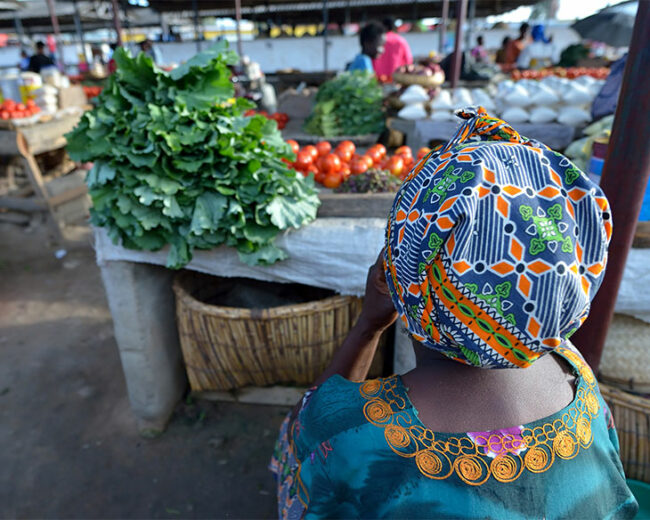Realising the dream of Pan-African trade: Giving women voice in improving borders
This is one in a series of blogs authored by researchers supported by the Global Integrity Anti-Corruption Evidence (GI-ACE) programme. The overarching objective of the GI-ACE programme is to support world-class multidisciplinary research to inform the development of more effective policies and interventions that will help reduce corruption in developing countries and address its negative…




